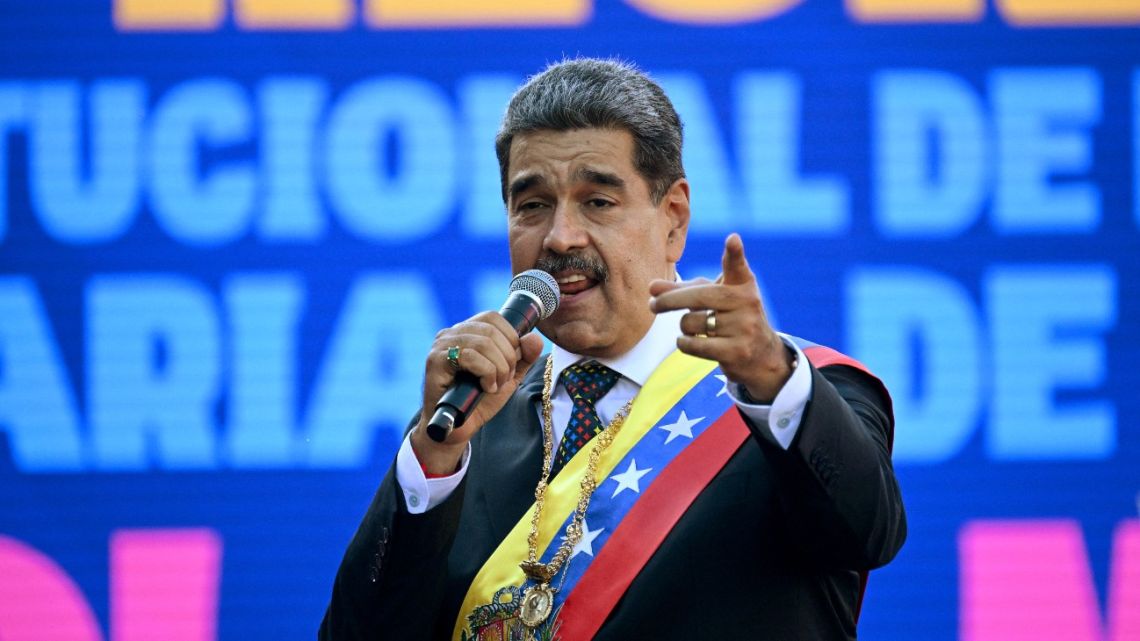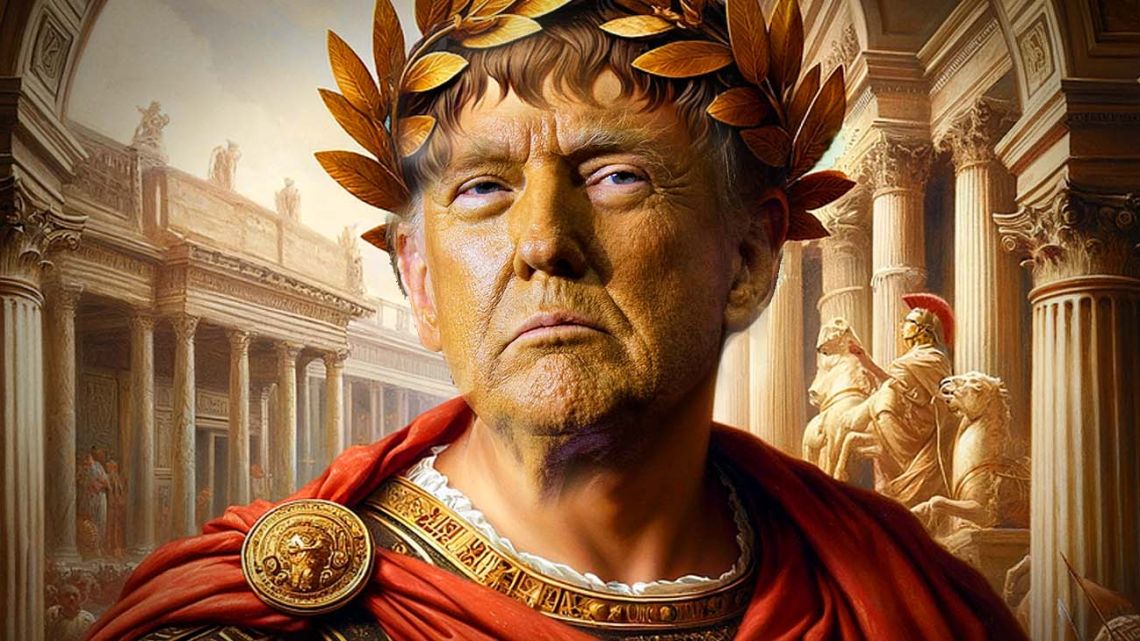On January 7, exactly four years after banning Donald Trump from his social media platforms indefinitely for inciting a violent insurrection in the United States, Mark Zuckerberg posted a video in which he announced that Meta would substantially ease its content moderation policies. It caused quite a stir, not because of the actual announcement but because of the timing (and some of the specific wording used by the social media billionaire, who has now turned 40 years old and has tried to overhaul his image of “computer nerd”).
The decisions to end third-party fact checking, lift restrictions on taboo topics, and reinstate political discourse on Facebook and Instagram (Threads – a Twitter-imitator – is currently insignificant in terms of user adoption) can and should be debated and has both positive and negative elements. It will have an important impact on the future of communications. Yet, it’s also important to try and read what is happening with Silicon Valley billionaires, from Zuckerberg to Elon Musk, in the context of Donald Trump’s second presidency, to understand their actions and motivations. Decisions being made with respect to Zuckerberg’s companies, Musk and his X social network and other Big Tech juggernauts like Google-parent Alphabet will have deep repercussions for our day-to-day lives, particularly as the emergence of artificial intelligence promises to overhaul how we currently interact with technology.
Zuckerberg’s decision to ease Meta’s content moderation policies occurs in a fluid political context, to which the social media wunderkind has learned to adapt over the years. Despite claiming to try and remain apolitical, Zuckerberg recently dined with president-elect Trump at his personal residence in Mar-a-Lago, has named Trump’s personal friend Dana White (the president of UFC, the largest mixed martial arts organisation) to Meta’s board and replaced his chief of global affairs Nick Clegg with Joel Kaplan, a leading Republican lobbyist. All of these actions point to a concerted strategy to win the favour of the incoming administration. Both Trump and his followers have a deep mistrust of Zuckerberg, whom they blame for helping to “rig” the 2020 elections. Make no mistake, though, the Facebook founder is a master businessman and would never have left his Mar-a-Lago meeting empty-handed. During his recorded remarks, in which he can be seen awkwardly attempting to speak casually reading from a teleprompter, ‘Zuck’ indicates that he will work with President Trump to push back against countries that are going after US companies, particularly through “censorship,” a word he repeats constantly, echoing the complaint of US conservatives against social media companies for bias. He specifically mentions Europe, noting its laws institutionalise censorship and make it impossible to innovate there. He even claims Latin American countries have “secret courts” to silence free speech, another concept Musk consistently relies on. Zuckerberg also lashes out against the US President Joe Biden’s administration, which he accuses of also pushing for more censorship.
It would seem that the Silicon Valley billionaire has signed a sort of truce with the billionaire President of the United States. At a recent press conference, Trump was asked whether he believed Zuckerberg was reacting to his threats, to which the president-elect responded positively. Trump and the global leaders of the “new right” (including Javier Milei) have cultivated an anti-journalism rhetoric for years. They’ve also built their political popularity in great part online, managing to overtake traditional politicians and party structures by leveraging social media much more effectively. Since the 2016 Cambridge Analytica scandal, Zuckerberg and other social media chiefs have increased scrutiny of the content that flows through their platforms, in great part out of fear of regulation. Foreign electoral interference, the spread of disinformation and misinformation and all sorts of sketchy digital behaviour has been closely monitored by ever-growing teams of experts in an increasingly expensive, and not necessarily effective, endeavour. The 2020 election was fertile breeding ground for all of this, and Trump’s decision to reject the result and to incite his followers to torch the Capitol on January 6, 2021, pushed every major social media company to ban him from their platforms. Not only did he violate every single policy, but they also had four years of a Democratic presidency ahead, where the slant is toward greater content moderation, which is generally more restrictive of right-wing content.
Trump proved resilient, despite being banned, investigated, indicted (multiple times) and even convicted. He never relaxed his control of the Republican Party and finally came back to win the election, breaking several of the unwritten rules of politics and breaking the cultural resistance to question “woke” culture. Musk, also a billionaire, correctly read the winds of change, first buying Twitter and then jumping on the Trump-bandwagon relatively early on. He rebranded the social media platform, calling it X, and aggressively eased moderation. He also fully embraced the ideas of the “new right,” becoming one of its key global figures. Today, he’s sticking his nose into major political battlegrounds including Germany and Great Britain.
Zuck, on the other hand, has been under regulatory and social scrutiny for years, from across the political spectrum. He’s been dragged to Congress time and time again to be grilled by relatively ignorant committee members, accused of anti-competitive behaviour and blamed for increasing polarisation and the spread of fake news. Outside of the United States, Silicon Valley juggernauts are under pressure by regulators, particularly in the European Union, where they’ve been fined and forced to negotiate with media companies over their distribution of copyrighted content. Brazil, with President Luiz Inácio Lula da Silva in office, has taken legal action against X and had a public spar with Musk and has already indicated it will analyse Meta’s latest announcements. There are few doubts that the Silicon Valley elite would benefit from a US president who will ease the regulatory pressure at home while supporting them in their overseas endeavours, particularly one like Trump who has gone on the offensive against the EU.
And while it may seem superficial, Zuckerberg’s revamped look is also part of a marketing strategy aimed at trying to shake off the bad reputation of the recent past. He changed the name of his company, let his hair grow out, begun to use oversized shirts and designer clothes and engage in eccentric or adventurous activities including hunting his own food. That’s not to mention competing in MMA tournaments, surfing on an electric hydrofoil wearing a tuxedo, holding a US flag and drinking a beer. He’s a different person from the apparently introverted computer nerd who always wore a hoodie sweatshirt and spoke publicly only through prepared remarks (or at least he wants us to think so). He even challenged Musk to a cage fight.
Reading his 2019 speech at Georgetown University, referenced in these recent announcements, leads one to believe that Zuckerberg does generally agree with the easing of content moderation policies at Meta. But that’s not the point, even though there are more nuanced arguments as part of the announcements, including whacky ideas such as a lower bias among residents of the state of Texas than California. Both Zuckerberg and Musk appear to have a good read on the political and economic changes currently underway and both of them own and operate some of the world’s most influential corporations. They now appear unafraid to use that influence in their favour – that’s what’s up with Zuck.









